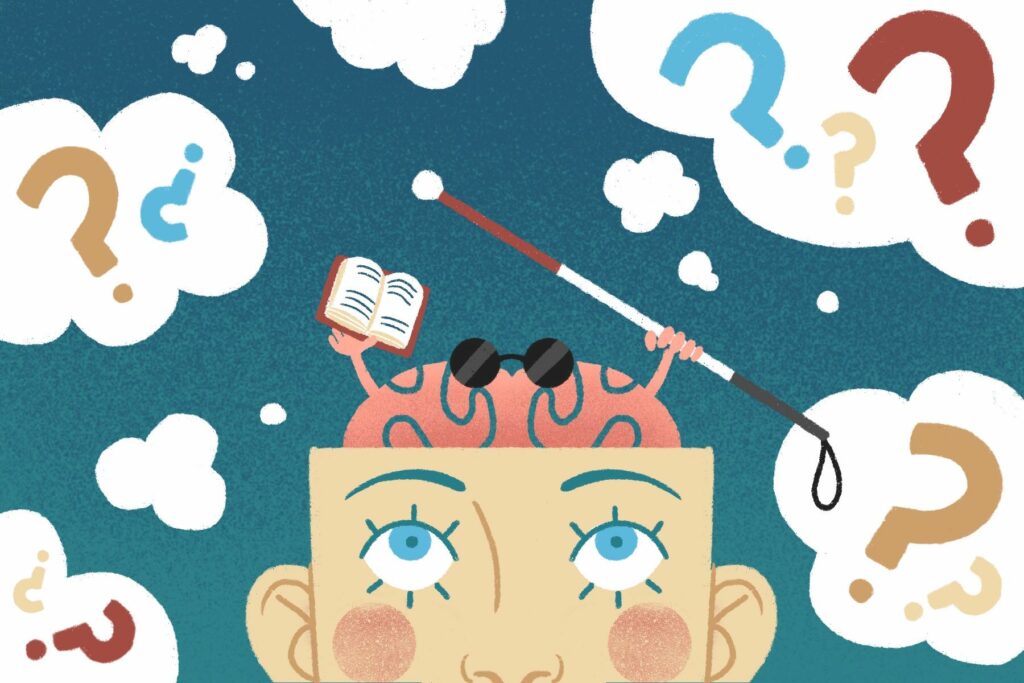If you have ever been diagnosed with ADHD, you may have been told that aphantasia is not a real thing. You may have been told that your inability to create images in your mind is just something made up by doctors to explain your symptoms. This is not true. Aphantasia is a real condition, and it can have a significant impact on people who suffer from it. In this blog post, we will discuss what aphantasia is and how it affects people with ADHD.
Contents
What Is Aphantasia?
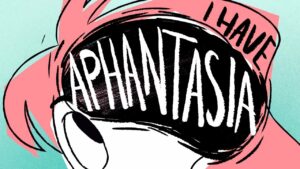
Apahantasia is a condition where people are unable to visualize images in their minds. This means that they cannot see mental images of things when they try to think about them. For example, someone with aphantasia might not be able to picture what their house looks like when they think about it.
For people with ADHD, aphantasia can make it difficult to daydream or imagine future scenarios. This can be problematic because imagination and daydreaming can help manage ADHD symptoms. For example, people with ADHD might use daydreaming as a way to escape from boredom or anxiety. Additionally, imagining future scenarios can help people with ADHD plan and prepare for tasks.
There is currently no known cure for aphantasia, but there are some treatments that can help people manage the condition. For example, people with aphantasia can try using visualization exercises or mnemonic devices to help them remember information. Additionally, people with ADHD who have aphantasia may benefit from seeking out other coping mechanisms for managing their symptoms.
If you think you may have aphantasia, it is important to speak to a doctor or mental health professional. They can help you determine whether or not you have the condition and provide you with resources for managing it.
How Are Aphantasia And ADHD Connected?
The connection between aphantasia and ADHD is still not fully understood, but some theories suggest a link. One theory is that people with aphantasia may have trouble forming mental images because they have difficulty focusing their attention. This theory is based on the fact that people with ADHD often have trouble focusing their attention and may also have difficulty forming mental images.
Another theory suggests that aphantasia may be caused by an imbalance in the brain’s dopamine levels. Dopamine is a chemical messenger that plays an important role in attention and focus. People with ADHD often have abnormally high or low levels of dopamine in their brains, and people with aphantasia may also have abnormal dopamine levels.
Also, the converse may be true, people with aphantasia may be more likely to develop ADHD later in life. This theory is based on the fact that people with aphantasia often have difficulty forming mental images, and this difficulty may lead to problems with focus and attention.
Aphantasia and ADHD are both complex conditions that are not fully understood. However, some theories suggest a link between the two conditions. More research is needed to better understand the connection between aphantasia and ADHD.
Signs of Aphantasia ADHD
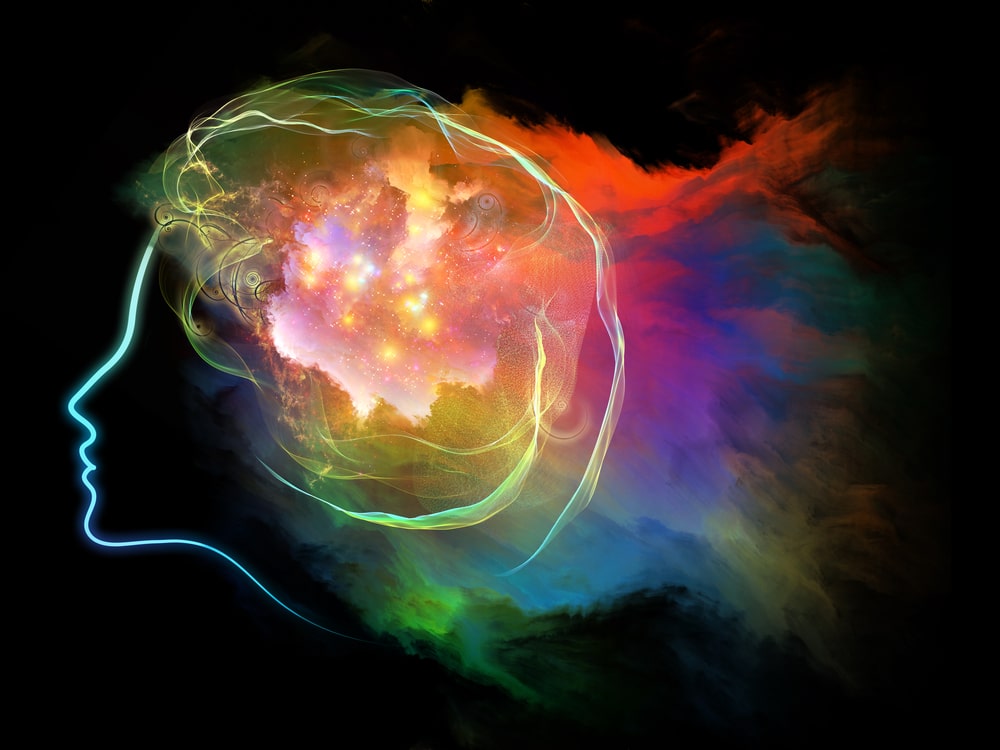
There are many signs of Aphantasia ADHD, some of which may be more easily observable than others. Inattentiveness, for example, can be fairly easy to spot in someone with Aphantasia ADHD. This might manifest as an inability to focus on one task or activity for long periods, or as a tendency to daydream or space out frequently.
Other signs of Aphantasia ADHD include:
Hyperactivity
One of the most well-known symptoms of ADHD, hyperactivity can present itself in many different ways in those with Aphantasia ADHD. This may manifest as fidgeting, squirming, or an inability to sit still for long periods. Hyperactive individuals may also talk excessively, or have difficulty waiting their turn in conversations.
Impulsivity
Those with Aphantasia ADHD may act on impulse without thinking through the consequences of their actions. This can lead to risky behaviors and may cause problems in both personal and professional relationships.
Emotional Dysregulation
Many individuals with Aphantasia ADHD struggle with regulating their emotions. This can result in outbursts of anger or frustration and may make it difficult to cope with stress or handle strong emotions.
Memory Problems
Many individuals with Aphantasia ADHD also struggle with memory problems. This may manifest as difficulty remembering things that were just said or forgetting to do important tasks. Memory problems can cause difficulties in both personal and professional life.
Fidgeting
Fidgeting is an uncontrollable squirming or moving of the body. It is often a sign of impatience or boredom, but can also be a symptom of Aphantasia ADHD. Fidgeting may manifest as tapping fingers or feet, playing with hair or clothing, or bouncing while sitting.
Inattention
Inattention is defined as an inability to focus on one task or activity for long periods. It is one of the most common symptoms of Aphantasia ADHD and can cause problems in both school and work. Inattention may manifest as daydreaming, spacing out, or having difficulty completing tasks.
Common Reasons For Aphantasia ADHD
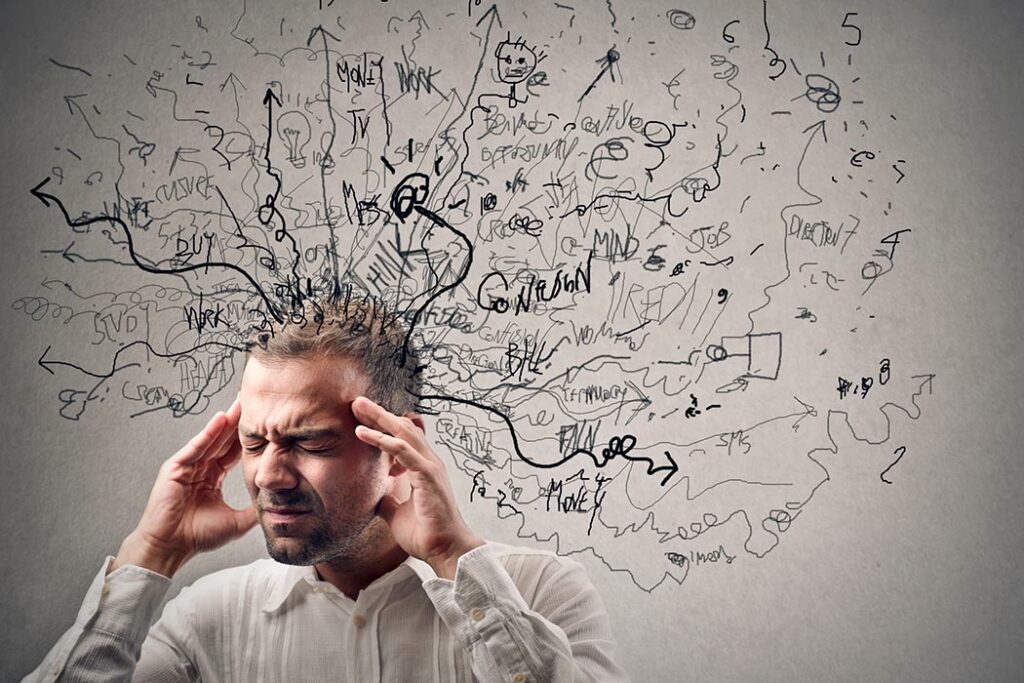
There are many reasons that people with aphantasia ADHD might have difficulty with attention and focus. One common reason is that people with aphantasia often have trouble forming mental images. This means that they may have trouble visualizing what they are supposed to be doing, or remembering what they have already done.
Some of the other reasons aphantasia ADHD might have trouble with attention and focus are:
Genetics
One of the main reasons for aphantasia ADHD is genetics. It often runs in families, so if someone in your family has it, you’re more likely to have it as well.
Not getting enough sleep can cause problems with attention and focus for anyone, but it can be especially difficult for people with aphantasia ADHD. This is because people with aphantasia often have trouble forming mental images, and they may find it harder to relax and fall asleep if they are not able to picture themselves doing so.
Anxiety
People with aphantasia ADHD often have difficulty dealing with anxiety. This is because they may have trouble visualizing what they are supposed to be doing, or remembering what they have already done. This can make it difficult to focus on the task at hand and can lead to anxiety and stress.
Depression is another common reason for aphantasia ADHD. This is because people with aphantasia often have trouble forming mental images, and they may find it difficult to focus on the task at hand. This can lead to depression and feelings of hopelessness.
An experience of trauma can also lead to aphantasia ADHD. This can lead to post-traumatic stress disorder and other problems.
Abuse
One of the main reasons for aphantasia ADHD is abuse. This can lead to abuse and other problems.
Medical Conditions
An underlying medical condition can also lead to aphantasia ADHD. This can be especially difficult if the medical condition is causing pain or other problems.
Aphantasia ADHD is a condition that can be caused by many different things. If you or someone you know has difficulty with attention and focus, it is important to talk to a doctor or mental health professional to find out what the cause may be.
Treating Aphantasia And ADHD
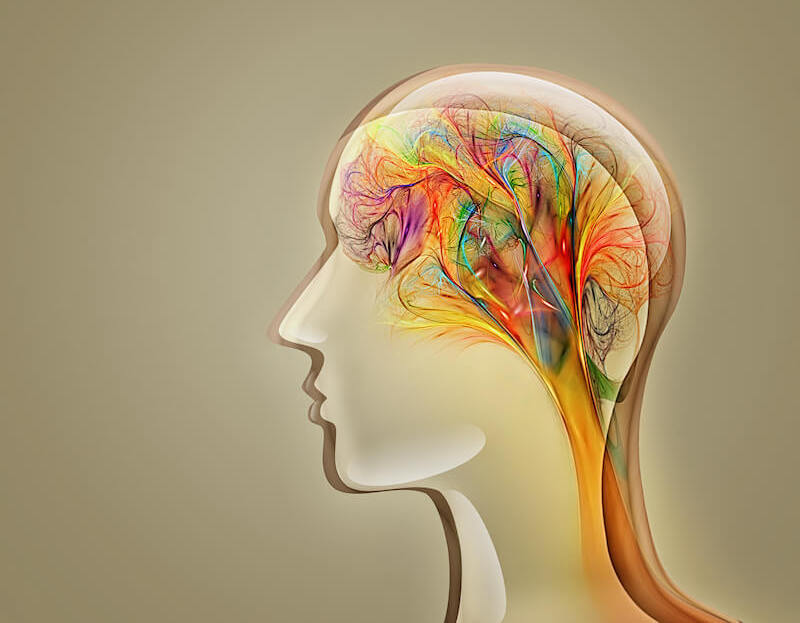
Treating Aphantasia and ADHD can be difficult. There is no known cure for Aphantasia, and treating ADHD can be difficult as well. However, some treatments can help improve symptoms.
For ADHD, treatment typically involves medication and/or therapy. Stimulant medications are often used to treat ADHD, and they can be effective in improving symptoms. However, they can also have side effects, so it’s important to work with a doctor to find the right medication. Therapy can also be helpful for ADHD, and it can teach skills like time management and organization.
Other treatment options are:
Therapy
First approach that can be used to treat both aphantasia and ADHD is therapy. This can help people learn how to deal with their symptoms and manage them more effectively.
Some of these therapy options are:
Cognitive behavioral therapy: This type of therapy can help people change their thoughts and behaviors. It can help treat ADHD by teaching people how to better manage their symptoms.
Behavioral therapy: This type of therapy can help people with ADHD learn how to change their behavior. It can also teach them skills like time management and organization.
Stress management: This type of therapy can help people learn how to deal with stress more effectively. This can be helpful for both aphantasia and ADHD, as stress can worsen symptoms.
Organizational Tools
There are several different organizational tools that can be used to help people with aphantasia and ADHD. This can include things like planners, to-do lists, and reminder apps. These tools can help people keep track of their thoughts and tasks, and they can make it easier to stay on track. Some of these tools are:
Evernote: This app can be used to create notes, lists, and reminders. It can sync across devices, so it’s easy to keep track of your thoughts and tasks.
Todoist: It also has a calendar feature, so you can see your upcoming tasks.
Wunderlist: It also has a sharing feature, so you can share your lists with others.
Cooperation: This is important for people with aphantasia and ADHD because it can help them stay on track. Having someone to help you with your symptoms can make a big difference.
Some things that can be done to help people with aphantasia and ADHD are:
Creating a support system: This can include family, friends, or a therapist. This support system can help you with your symptoms and encourage you.
Joining a group: There are many groups for people with aphantasia and ADHD. This can support you and allow you to share your experiences with others.
Looking for resources: There are many resources available for people with aphantasia and ADHD. These resources can provide you with information and support.
Exercises
Exercise is helpful in treating ADHD, and it can also help improve focus and concentration. Exercise can also help reduce stress, which can be helpful for people with aphantasia who find that stress worsens their symptoms. Some exercises that can be helpful are:
Yoga: Yoga can help improve focus and concentration. It can also help reduce stress and anxiety.
Pilates: Pilates can help improve focus and concentration. It can also help to strengthen the core muscles, which can help with posture and back pain.
Running: Running can be a great way to get some exercise and release some energy. It can also help to clear your mind and improve your mood.
Swimming: Swimming is a great form of exercise for people with ADHD. It can help to improve focus and concentration. It’s also a low-impact activity, so it’s easier on the joints.
Diet
What you eat can also affect your symptoms. Eating a healthy diet can help improve focus and concentration. It can also help to reduce stress and anxiety. Some foods that can be helpful are:
Fish: Fish is a great source of omega-3 fatty acids, which are known to be beneficial for brain health. Salmon, tuna, and mackerel are all good options.
Leafy green vegetables: Leafy greens are high in vitamins and minerals, and they’re also thought to be beneficial for brain health. Spinach, kale, and Swiss chard are all good options.
Berries: Berries are high in antioxidants, which are thought to be beneficial for brain health. Blueberries, strawberries, and blackberries are all good options.
Nuts: Nuts are a great source of protein, healthy fats, and antioxidants. Almonds, walnuts, and pistachios are all good options.
Seeds: Seeds are a great source of vitamins, minerals, and antioxidants. Chia seeds, flaxseeds, and pumpkin seeds are all good options.
Herbs and Supplements
There are also some herbs and supplements that can help treat ADHD. These include:
Ginkgo biloba: This herb is thought to be beneficial for brain health. It’s available in supplements or as an extract.
Bacopa Monnieri: This herb is thought to be beneficial for brain health. It’s available in supplements or as an extract.
Rhodiola Rosea: This herb is thought to be beneficial for brain health. It’s available in supplements or as an extract.
L-theanine: This amino acid is found in green tea and is thought to be beneficial for brain health. It’s available in supplements or as an extract.
Magnesium: This mineral is involved in many biochemical reactions in the body and is thought to be beneficial for brain health. It’s available in supplements or as an extract.
Conclusion
Aphantasia and ADHD can both be debilitating conditions, but some treatments can help. Support from family, friends, and therapy can be helpful. Exercise, diet, and supplements can also help manage symptoms. If you’re struggling with aphantasia or ADHD, reach out for help. There are many resources available to you.
There are many different ways to treat aphantasia and ADHD. Some people may find that one treatment is more effective than another. It’s important to experiment with different treatments to find what works best for you.
Hope this article was of help to you! If you are suffering from mental health disorders, you may seek help from Therapy Mantra. We have a team of highly trained and experienced therapists who can provide you with the tools and skills necessary for overcoming mental health disorders. Contact us today to schedule an online therapy or download our free Android or iOS app for more information.
